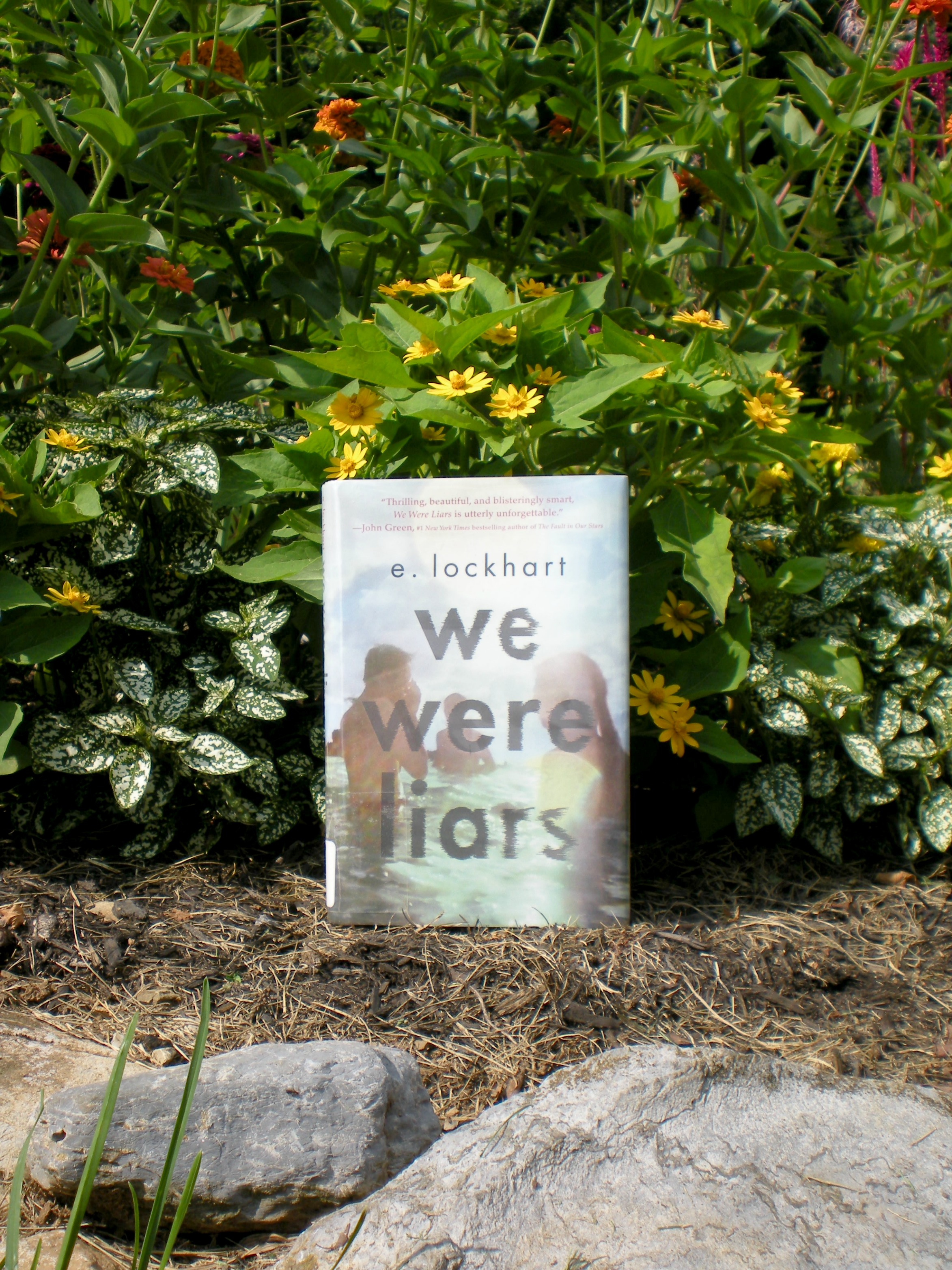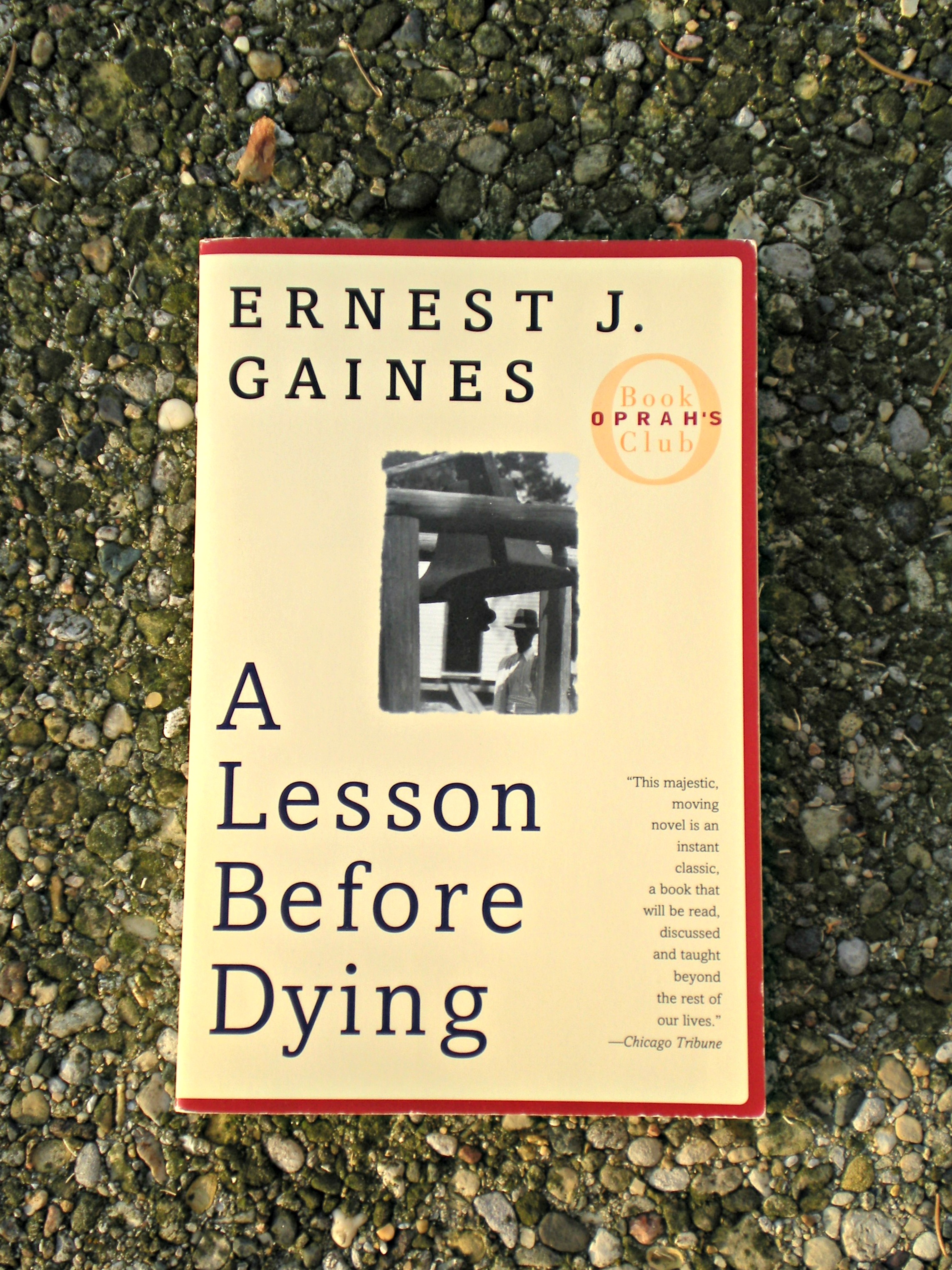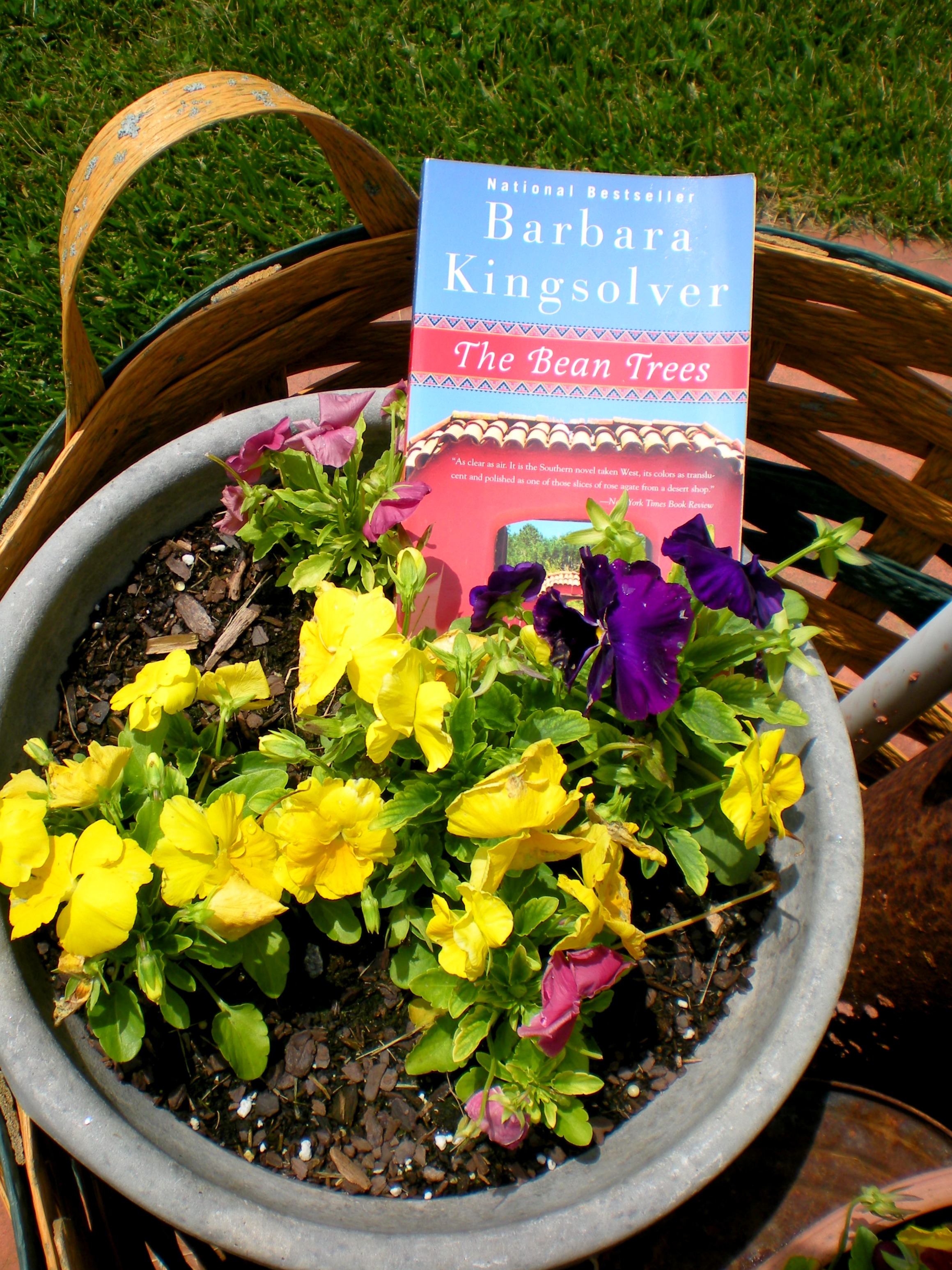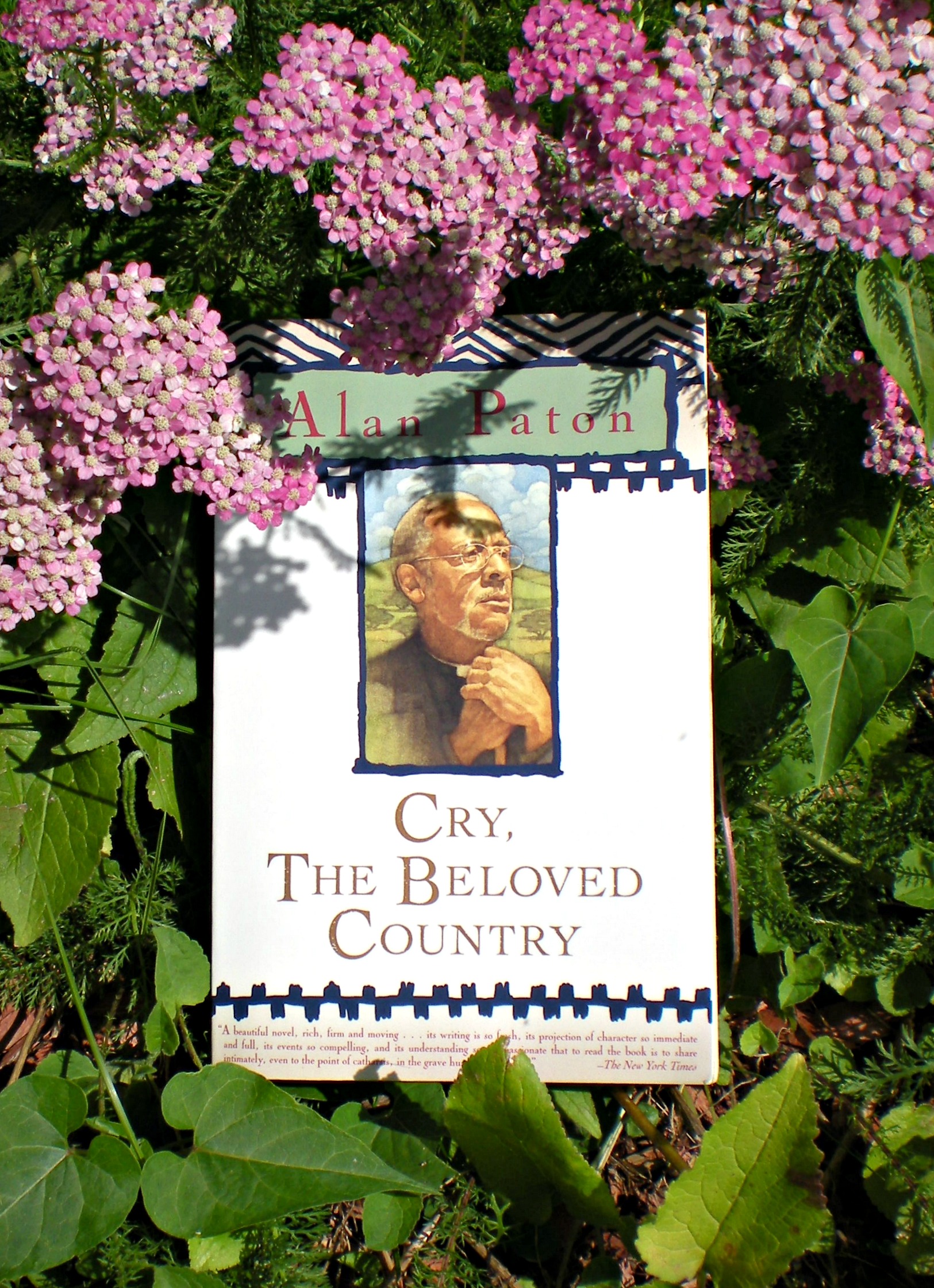What I Read: We Were Liars (50 Followers Bonus Post!)
/Before I get into the review, thank you SO MUCH for 50 followers! It's been a lot of fun writing this blog this summer, and I'm glad there's 50 of you out there who enjoy it :) What's a blog without great readers? In celebration, here's a bonus book review about one of the more talked about novels of the summer. I hope you like it!
4.5/5 pineapples
This review has been difficult to write. I finished We Were Liars in the beginning of August, but I just haven't been able to review it yet. It's a complicated book. Plus it straight out warns me to lie when people ask what it's about.
I don't buy into that sales tactic. So I will review this book as I would any other, without spoiling anything but still explaining what I do and don't like. The book is about the extravagantly wealthy family, the Sinclairs. Of course, they're a total mess (that's what makes things interesting). Cadence, the eldest grandchild of the Sinclairs, serves as our narrator. Due to some unspeakable accident, Cadence can't remember the summer she was fifteen on her family's fancy-pants island. We follow her thoughts throughout the book as she tries to figure out what happened.
First of all, Lockhart's writing style is refreshing. It has a lyrical quality to it, breaking up paragraphs and even sentences into short lines. She also inserts fairy tale inspired stories in between the narrative that provide insight into Cadence's rather messed up mind.
The plot is also intriguing enough to keep reading. This was a refreshing element, since recently I've had to drag myself through the books I've read. That plus the writing style makes its easy to get through this book in one or two days.
But my absolute favorite part of this book is the mystery. I love mysteries, whether in book or TV form. I like trying to figure out with the characters what different elements mean, and then going back once I know the answer and seeing what clues I missed. We Were Liars is one giant mystery. Cadence doesn't figure out what happened that "missing" summer until the very end of the book. It's a twist I didn't see coming at all.
I left feeling like I learned enough, though. This wasn't one of those cliff-hanger books, hitting you with big information and then simply dropping off the page. I wasn't trapped without a satisfactory resolution.
Yet, I couldn't give We Were Liars the full five pineapples. Simply because, like Gone Girl, it was an entertaining read but not a life-changing one. Still, it's an excellent book that keeps you guessing. Lockhart's writing style also keeps the story moving and brings an interesting perspective on the truth versus the lies. I highly recommend it.
What did you think of We Were Liars?
Below the Line:
- I'm faced with lots of packing to do this week as I get ready to head back to school. Any packing tips would be appreciated (and yes, this is my third year- I still haven't figured out the best way to pack :))
- My back-to-school series resumes on Tuesday! More college knowledge (see what I did there?)
















